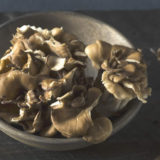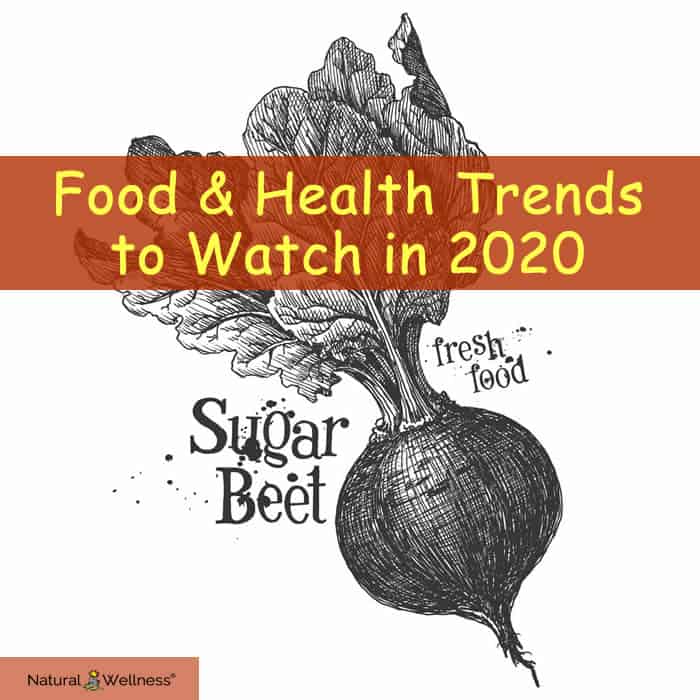

New Food & Health Trends
2020 will continue to see the slow decline of soybeans as alternative grains, mung beans, hemp seed, pumpkin, avocado, and watermelon seeds all become the healthier choice for filler in plant-based products.
We’ll also witness the death of the plastic straw as many corporations and governing bodies such as Starbucks, McDonald’s, and the U.K. attempt to curtail their environmental footprint (1). Whole Foods, on the other hand, seems to be pushing back on the plastics pull-back by declaring refrigerated, ‘single-serve’ packaged goods as a space they’d like to fill for customers looking for a higher quality of snack food.
But even though they’re slightly against the grain on plastics, Whole Foods is always a fascinating indicator of upcoming health food trends and how certain overall groups of commodities will perform in any given year. It’s simple. Whole Foods stokes global demand whenever they put a new product on the shelf. What they do is often taken as gospel and can have a big impact on what producers, distributors, retailers, and other grocers stock and how they operate.
Recently, companies like Whole Foods and Yelp.com have been sharing valuable insights into what foods and health products to watch for in 2020 based on their data and analytics. Turns out, an excellent way to predict how consumers will behave in the future is to analyze what they’re writing about on Yelp.com, which revealed itself as an astute predictor of upcoming food trends.
Some of the upcoming foods being written about more frequently on Yelp.com include:
- Louisiana-style fried chicken
- Japanese soufflé pancakes
- and non-alcoholic “zero-proof” aperitifs (a drink served before a meal to stimulate your appetite), which sounds like a much healthier alternative to any alcohol and the damage alcohol wreaks on the liver.
Moringa
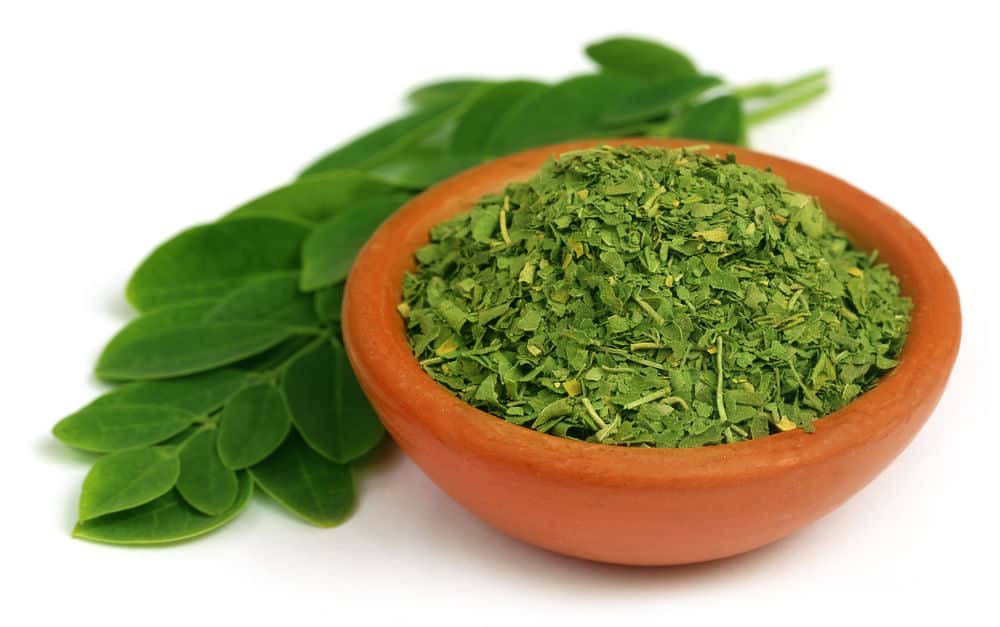
Whole Foods and Yelp are anticipating increased demand in West African cuisine which is set to see a slow increase in popularity, touting healthy spices like moringa and tamarind. Moringa powder derived from the leaves of the drumstick tree contains a wide range of health benefits, including high levels of antioxidants to manage inflammation in the body (2).
Alternative Flours
Regular flour isn’t cool anymore. Didn’t you hear? 2020 will continue to see restauranteurs and grocers experiment with alternative flours to boost the fiber and protein content of their goods in order to make them more healthy (3). Fear of gluten and celiac disease are also drivers of alternative flours. And we’re not opposed. Whole Foods is also encouraging bakers and snack food producers to use vegetable and fruit-based flours to bake healthier snacks in 2020 (4).
Plant-Based Meats & Meat/Plant Hybrids
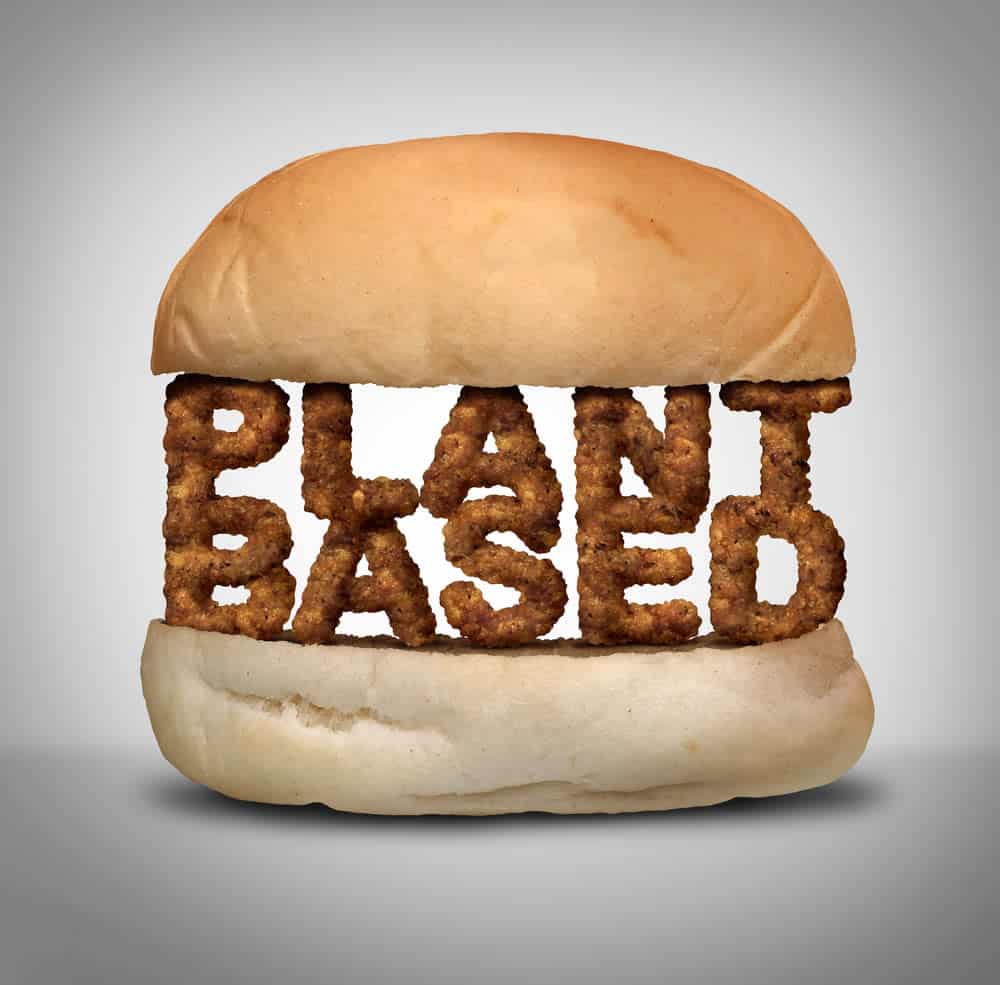
Have you had the Impossible™ Whopper™ yet? It’s just like the commercial. And not being able to tell the difference between plants and meats seems to be the tipping point where plant-based brands like Impossible™ and Beyond™ continue to see wider success.
But the options don’t stop at 100% plant-based. 2019 saw Tyson, one of the country’s largest meat producers, introduce products with animal-plant blends using chickpeas, black beans, and quinoa (4). If that’s not a call-to-action for other major producers in 2020 then we don’t know what is.
Intuitive Health
If you’re listening to Fox Business, the diet is dead (5). They predict 2020 will see the rise of a more holistic and ‘intuitive’ approach to your constitution, as people push back against diet culture and the labeling of ‘good,’ ‘bad,’ and ‘forbidden’ foods as having a negative and shameful impact on our health.
One product benefitting from the intuitive diet movement is Tajin™ which is finally getting a well-deserved day in the sun. The New York Times agrees that Tajin is on the rise due to its simplicity and distinct flavor. Its ingredients are just chili peppers, salt, and dehydrated lime juice serving as a healthier alternative to salt and pepper. Chili peppers have anti-inflammatory properties and, not only punch up most dishes, but can be also used in conjunction with a natural supplement like NAC to manage inflammation and detox your body.
Intuitive eating isn’t new, but it does feel like the right moment for a resurgence in the wake of the body positivity movement and a deeper cultural desire to eliminate processed sugars, GMOs, and any unnecessary ingredients that could compromise the ‘purity’ of a product and, thus, your body.
Sugar Alternatives
Along those same lines, Americans seem to be seeking alternatives to refined sugars. Beets and beet-derived sugars and syrups should prove an interesting commodity to watch out for in 2020 (6). Beets are primed for a big year and rightly so; they’re low-calorie and high in fiber and nutrients like vitamin C. And they could also help manage your blood pressure.
Probiotics from Fermented Foods
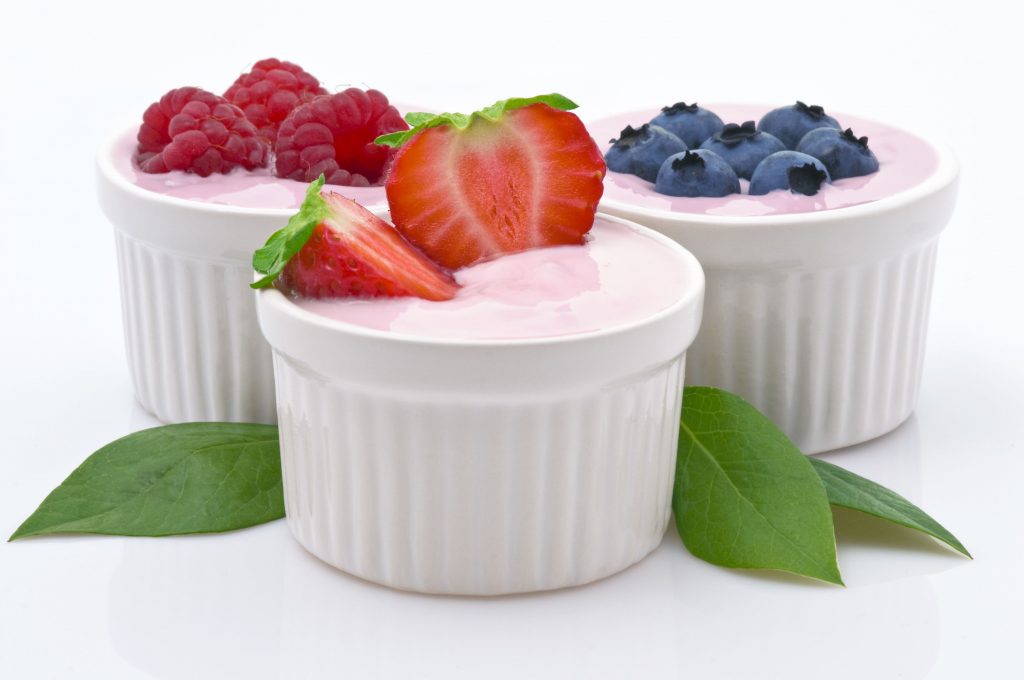
Fermented foods containing probiotics, aka good bacteria, are on a steady incline and will likely prove the breakout health trend of 2020. As we learn more and more about our gut microbiome and how probiotics interact and aid certain processes like digestion, demand rises for fermented foods rich in probiotics like miso soup, yogurt, pickles, kimchi, kombucha, and sauerkraut (6). You eat all of those, right?
Stay Informed
As we welcome in 2020, it’s important to stay informed about upcoming trends and products in order to remain an informed and protected consumer. The shelves are filled with an abundance of choice, making it important to know what to look for and what to avoid.


